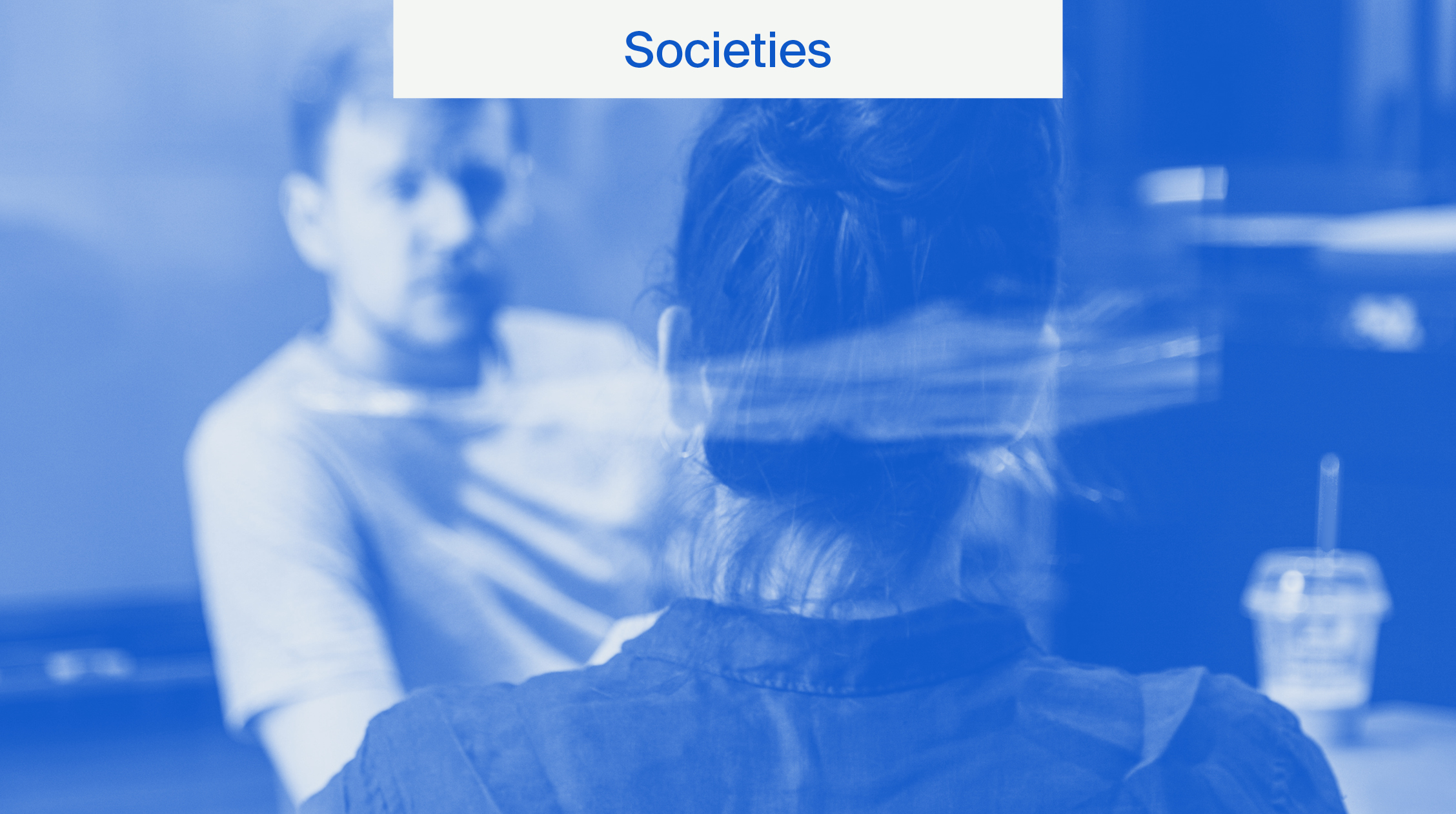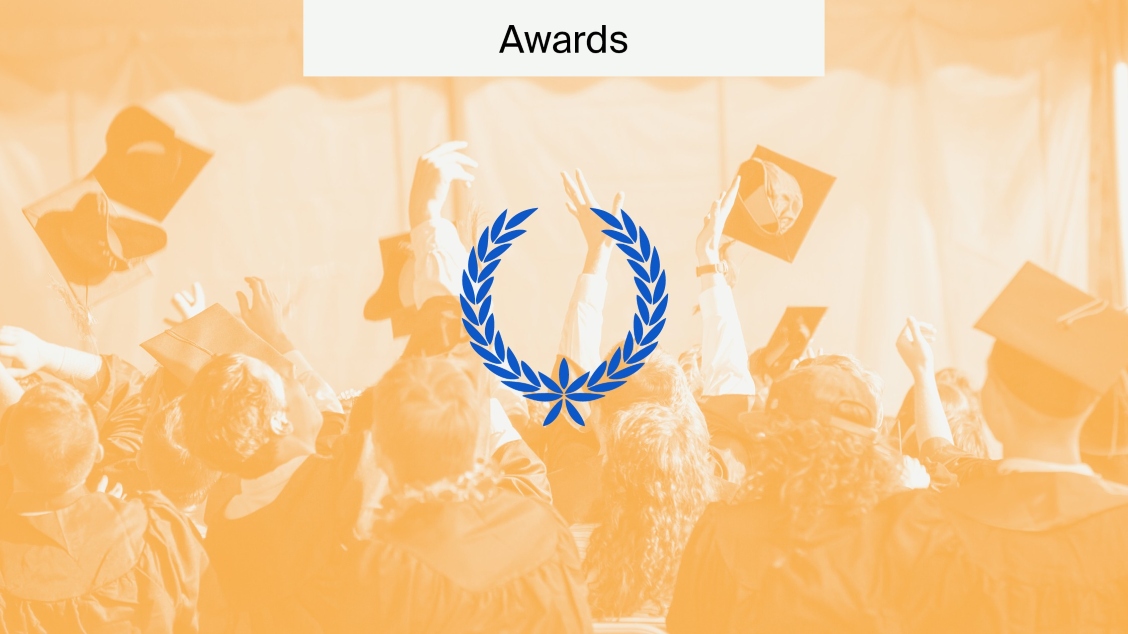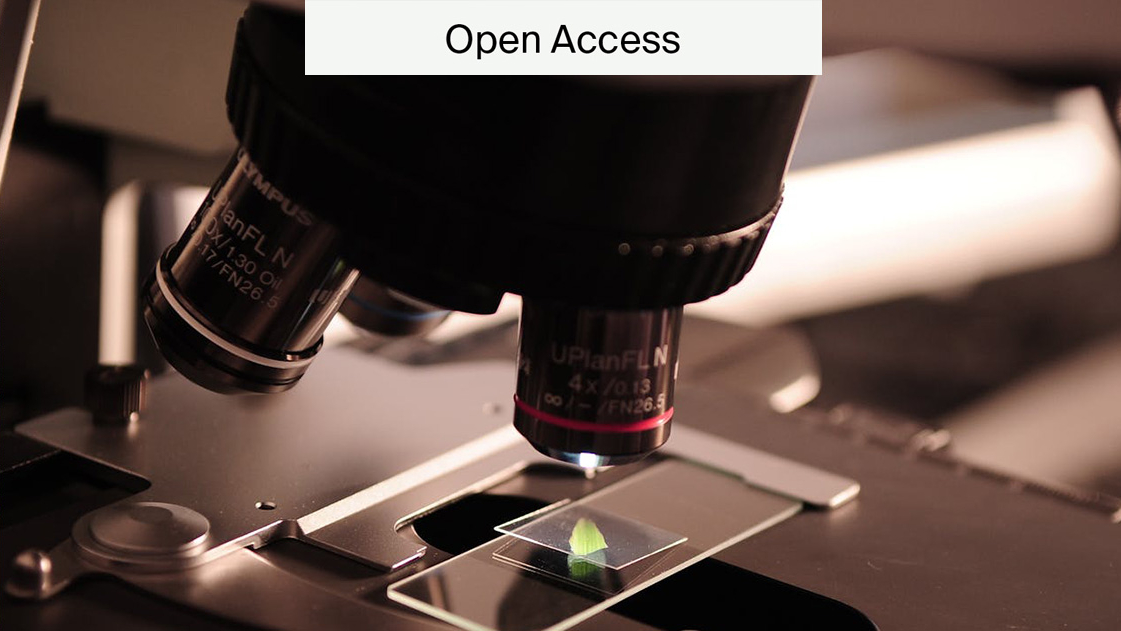
Meet the Team: Societies Leadership
MDPI is a leader in Open Access publishing and has 25 years of experience in the industry. During this time, we have collected a wealth of knowledge in open science that helps us to guide scholars and researchers on their Open Access (OA) journeys. Furthermore, this can range from publishing papers to assisting with launching journals. In addition, there are specific teams that can help to publish OA research. In this series, we explore the Societies team, who support societies in their exploration of OA.
What is the Open Access publishing model?
OA is a model for publishing academic research that allows articles to be freely available to anyone at no cost. This research is commonly free to reuse and reference in academic research.
If you would like to read more about OA publishing, please see our previous articles.
Who are the Societies team?
Society journals are set up and maintained by a specialised team of experts.
The main responsibilities of this team include:
- Establishing new OA journals on behalf of societies and institutions.
- Publishing an existing OA journal with MDPI or transitioning a subscription journal to an OA model.
- Establishing affiliations between societies and MDPI journals.
The team is also supported by students who benefit from gaining knowledge about the OA model. If you would like to read more about these services, please see the Societies website.
The Societies team is led and managed by the head of societies and acquisition, Dr. Carla Aloè, and her deputy manager, Dr. Clàudia Aunós. They are responsible for organising and managing the various responsibilities of the team as well as communicating with society representatives. A wide range of societies collaborate with MDPI societies and partnership teams in various forms; see the Society’s website for the full list of collaborating societies and society journals.
In this article, we interview the leads of the Societies team, discussing their roles and the importance of the OA publishing movement.
How long have you been at MDPI, and what was your first role?
I joined MDPI in September 2020 as an Associate Publisher and Scientific Officer, overseeing the Arts, Humanities, and Social Science journals. In July 2022, I took on the oversight of the Society and Acquisition team.
What is your role within the Societies team?
Leading the team toward productivity and efficiency while fostering a supportive environment where everyone’s voice is heard and valued.
How many people currently work on the Societies team?
There are seven of us that make up the Societies team: 4 are based in the Basel office (Megan, Müge, Cédric, and myself), 2 in the Barcelona office (Clàudia and Maria N.), and 1 in the Manchester office (Maria F.).
How important is it to support students and teach them about Open Access?
Students bring fresh perspectives to the company, and we are happy to provide them with opportunities to bridge the gap between theoretical knowledge and real-world experience. Many students develop a passion for the OA movement and choose to pursue full-time positions within MDPI after completing their studies. Others carry the OA knowledge with them as they continue their academic journey, whether pursuing higher degrees or PhDs.
What is the most common question you get asked about the services that the Societies team provides?
Society representatives are often eager to learn how we can tailor our services to meet their specific needs and ensure the success of their journal. To address this, we provide them with a comprehensive, customized proposal that outlines our practical recommendations for journal development, objectives, and future growth.
What is a common misconception of Open Access?
A common misconception is that OA journals are poor quality, which is entirely untrue. Many of our journals are included in major indexing databases, and all of them are endorsed by prominent associations and committees such as the Committee on Publication Ethics (COPE), the International Association of Scientific, Technical, and Medical Publishers (STM), and the Open Access Scholarly Publication Association (OASPA). We uphold a rigorous peer-review process, adhere to strict ethical standards, and rely on high-profile editorial boards.
What does a typical workday look like?
A typical workday begins with reviewing my schedule and prioritizing tasks to ensure all projects are progressing as planned. I also assess the team’s workload and progress, identifying any potential roadblocks that may need to be addressed. We hold a weekly team meeting to review progress, align on priorities, and address any challenges the team may face.
Throughout the day, I often hold meetings with society representatives and other stakeholders and work on projects and initiatives. I also spend time strategizing and collaborating with colleagues from different departments to ensure efficient cross-functional coordination. In between, I regularly meet with senior management to align our team’s efforts with overall business objectives.
How long have you been at MDPI, and what was your first role?
I’ve been at MDPI for almost seven years now. I started as an Assistant Editor but was quickly promoted to work with societies. I’ve been part of the society department since the beginning and played a role in its inception in September 2019.
What is your role within the Societies team?
I am a Society Partnerships & Acquisitions Manager. I share responsibilities with Carla Aloè. We manage the strategy line and development of the full team.
Can you name a project that you have been involved with and that you are proud of? What did the project involve, and what role did you play in its delivery?
Any project has its own peculiarities and unique way to be developed. Nevertheless, if I had to choose, I would say the recent case in which we were in discussion with an important and international non-profit organization in the medical field. This project started with a tender in December 2023, and now, after eight months, we are in the final stages of the partnership contract. Although it took months to achieve an understanding between both sides, I really enjoyed every phase of the project. Each one has allowed me to develop my own personal and professional skills and learn new ways of negotiating.
What is the most common question you get asked about the services that the Societies team provides?
For societies with a standard number of members (<500), the most requested inquiry is about how much the publishing services we offer cost. One of the great things about our publishing services is that they are free of any burden cost to the society, regardless of the type of non-profit organization.
For bigger non-profit organizations it is more about what benefits they can get for their members and ensuring that their journals are in good hands.
Either way, the goal is the same: listen to the market demands, be flexible, and help our partners achieve healthy and good development of their journals.
What is a common misconception of Open Access?
I believe that it is not different from what our editor colleagues are facing. This is the comparison of the peer-review for non-OA and OA journals. It is believed that because OA journals are sustained by article processing charges (APCs), the peer review is somehow not as transparent as it should be. However, what is not well known is that subscription-based journals receive a tremendous number of payments to get access to the publications or the journal itself. The peer-review process is the same for both types of publication models.
How MDPI supports societies
The leads of the societies guide the team on the best approach to support societies in their OA journey. The insight and knowledge of the team allow for a smooth transition into the industry.
Open science supports the wide dissemination of knowledge and furthers the understanding of science and participation in research. OA has been described as the future of scientific publishing; increasing the visibility of research only enhances its potential and inspires future innovation.
MDPI are proud leaders in the OA industry and have vast knowledge and expertise in publishing in this model. Furthermore, the leads and team as a whole support a range of societies in their OA publishing journey, and they aim to encourage further development of the Open Science movement.
If you enjoyed this article, please see our previous article in this series, Meet the Societies Team: Interview with Society Specialists.
Or if you would like to learn more about the services that they provide, please see here.













Excellent initiative! Grateful! 🙏
Hi,
Thank you very much for your comment; it is much appreciated.
All the best.
Impressed.
Hi,
Thanks for your taking the time to read our article and leaving your comment.
All the best.